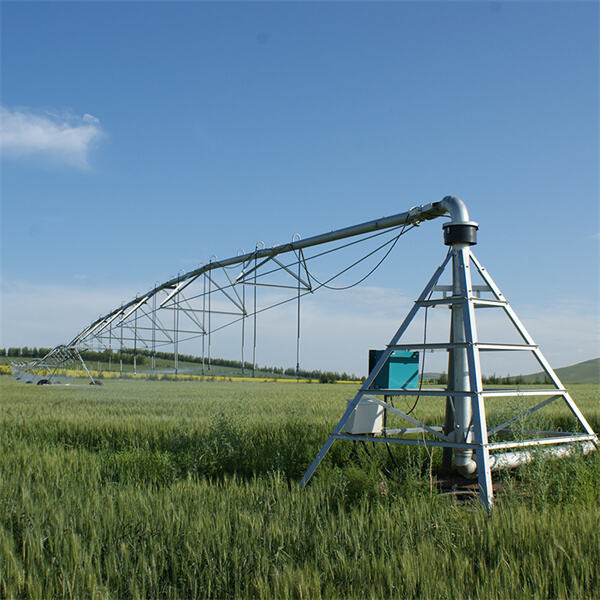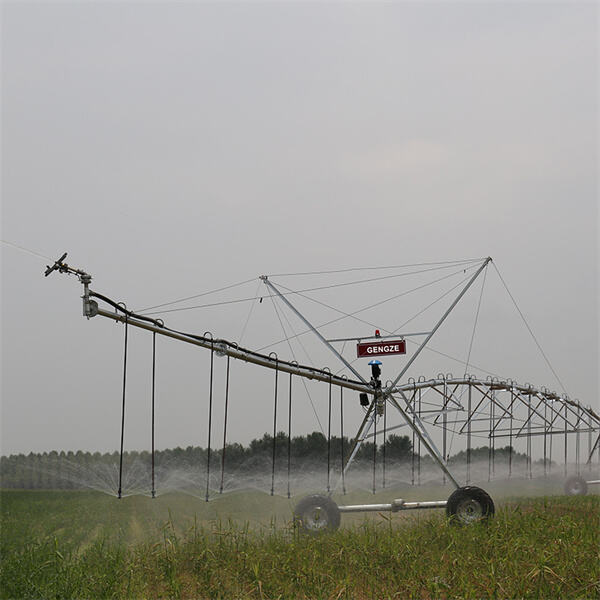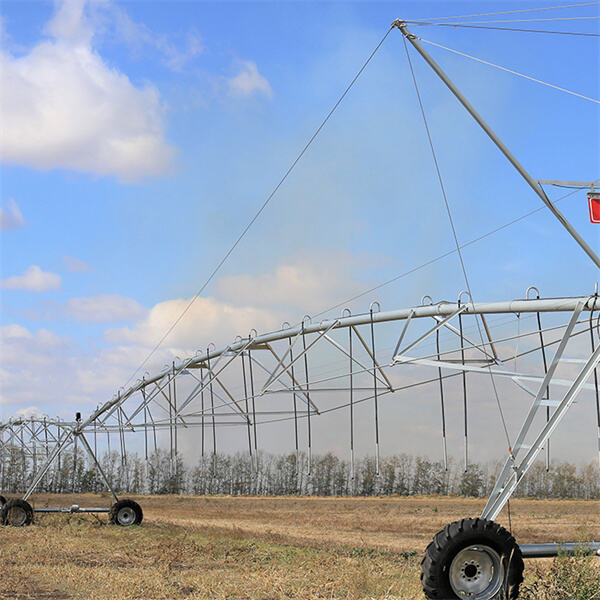Irrigation center pivots are really useful for helping farmers run water across their fields. These machines circulate the paddock and water the plants. They are crucial to ensuring crops receive the correct amount of water to grow big and healthy. Gengze hopes to teach farmers to grow more food with Center Pivot Irrigation.
There are a lot of advantages for farmers when using an irrigation center pivot. One good thing is that it saves time and effort. Rather than watering crops by hand, the pivot takes care of the work. So, farmers have more time to focus on other important jobs on the farm. The water from the pivot is sprayed evenly over the fields, so all of the crops receive the water they require.
Give crops the perfect amount of water, and they grow faster and produce more food. Irrigation center pivots can also help farmers to grow larger and better crops. That way, they can sell more food and make more money. Through the center irrigation pivot, farmers could achieve a good harvest and feed more hungry with their yield.

Special technology is used to irrigate the fields with irrigation center pivots. They are connected by long pipes extending across the field that shoot water out of them from nozzles. The pivot travels in a circle around a irrigation pivots point and ensures water is delivered to all areas of the field. Farmers can also manage the pivot from a computer or smartphone, adjusting how fast and how much water is sprayed to match the crops’ needs.

An irrigation center pivot, which can help farmers save water and energy. So instead of wasting water by giving too much, the pivot delivers exactly what each plant needs. This saves water and is good for the environment. Saving water and energy can also save farmers money on their bill and help the planet too.

Sustainable agriculture is “farming in a way that benefits the land, conservation and the environment, and by that I mean for now and into the future. Irrigations center pivots have a hand in this as well, helping farmers use water more efficiently and grow more food with less. Farmers who pivot can save soil, lessen erosion and keep natural homes for wildlife.